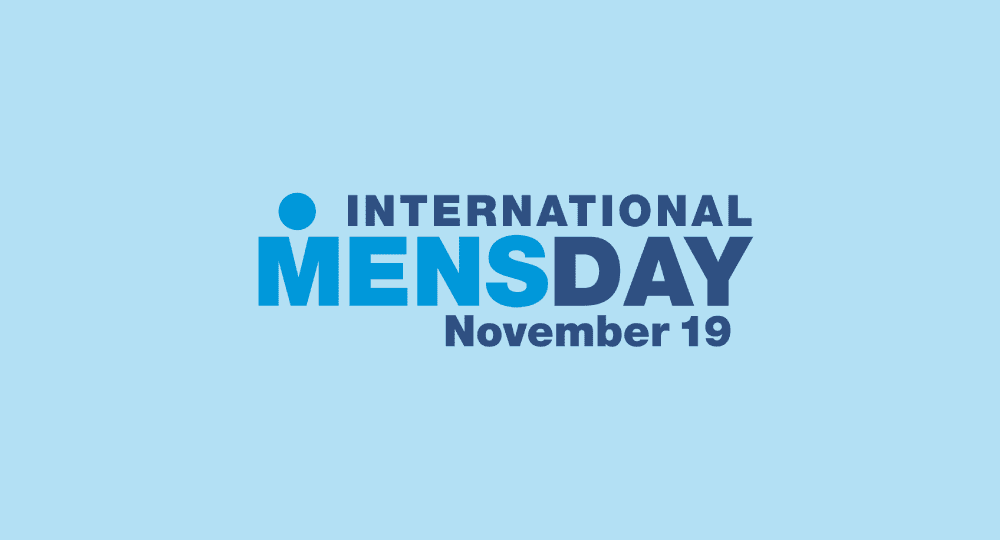November 19, 2021, is International Men’s Day is a day to celebrate and recognize the men in our lives. This is a great opportunity to talk about a really important topic – cancers that affect men (and women!). According to the American Cancer Society, some of the cancers that often affect men are prostate, lung, and colorectal cancer. Knowing about these cancers and ways to prevent them or find them early can help us help the men in our lives stay healthy(ier).
There are many risk factors that increase the chances of cancer of any kind, and the following action points apply to everyone:
- Stay away from tobacco
- Get to and stay at a healthy weight
- Get moving with regular physical activity
- Follow a healthy eating pattern that includes plenty of fruits, vegetables, and whole grains, and that limit or avoid red/processed meats, and highly processed foods.
- Avoid overconsumption of alcohol.
- Protect your skin.
- Know yourself, your family history, and your risks.
- Get regular check-ups and cancer screening tests.
Prostate Cancer
Prostate cancer is the most common cancer in American men, except for skin cancers. The chance of getting prostate cancer increases with age with most prostate cancers found in men over age 65. African American men and Caribbean men of African ancestry are more likely to develop prostate cancer than men of other races. However, all races and ages can be affected.
Action points:
- Prostate cancer screening – age of beginning screening is dependent on multiple factors and should be discussed with your doctor
- Screening tests for prostate cancer include prostate-specific antigen (PSA) blood tests and/or digital rectal exams.
- The frequency of testing will depend on PSA level, general health, preferences, and values.
Colorectal Cancer
Colorectal cancer starts in the colon or rectum but as with any cancer can spread to other parts of the body through metastasis.
Action points:
- Regular screening (for both men and women) should start at age 45.
- Most otherwise healthy people should continue regular colorectal cancer screening through age 75.
- Screening can be done with either a stool-based test (FIT test, fecal occult blood test, or similar) or a visual exam (colonoscopy, flexible sigmoidoscopy, or similar).
- If at high risk due to family and/or personal history or other factors, may need to start screening at an earlier age, be screened more frequently, or get other specific tests.
- Discuss screening options and frequency with your health care provider to determine the options that best match your health history and situation.
Lung Cancer
Lung cancer is most often caused by exposure to chemicals and other particles in the air. Smoking tobacco is the leading cause of lung cancer, so encourage your men (and women) to quit smoking or better yet, never start. However, lung cancer can affect anyone – even if they’ve never smoked at all. It should be noted that not all lung cancers can be prevented, but there are things you can do to help lower risk.
Action points:
- If you don’t smoke, don’t start.
- If you do smoke, quit. Contact the American Cancer Society (1-800-227-2345) for help quitting.
- Screening for those who have ever smoked should be done from age 50 to 80 years with a low-dose CT scan (LDCT).
- Current smokers should discuss how to quit and the possible benefits, limits, and harms of lung cancer screening with their health care provider.
Resources:
Logo courtesy of International Men’s Day





